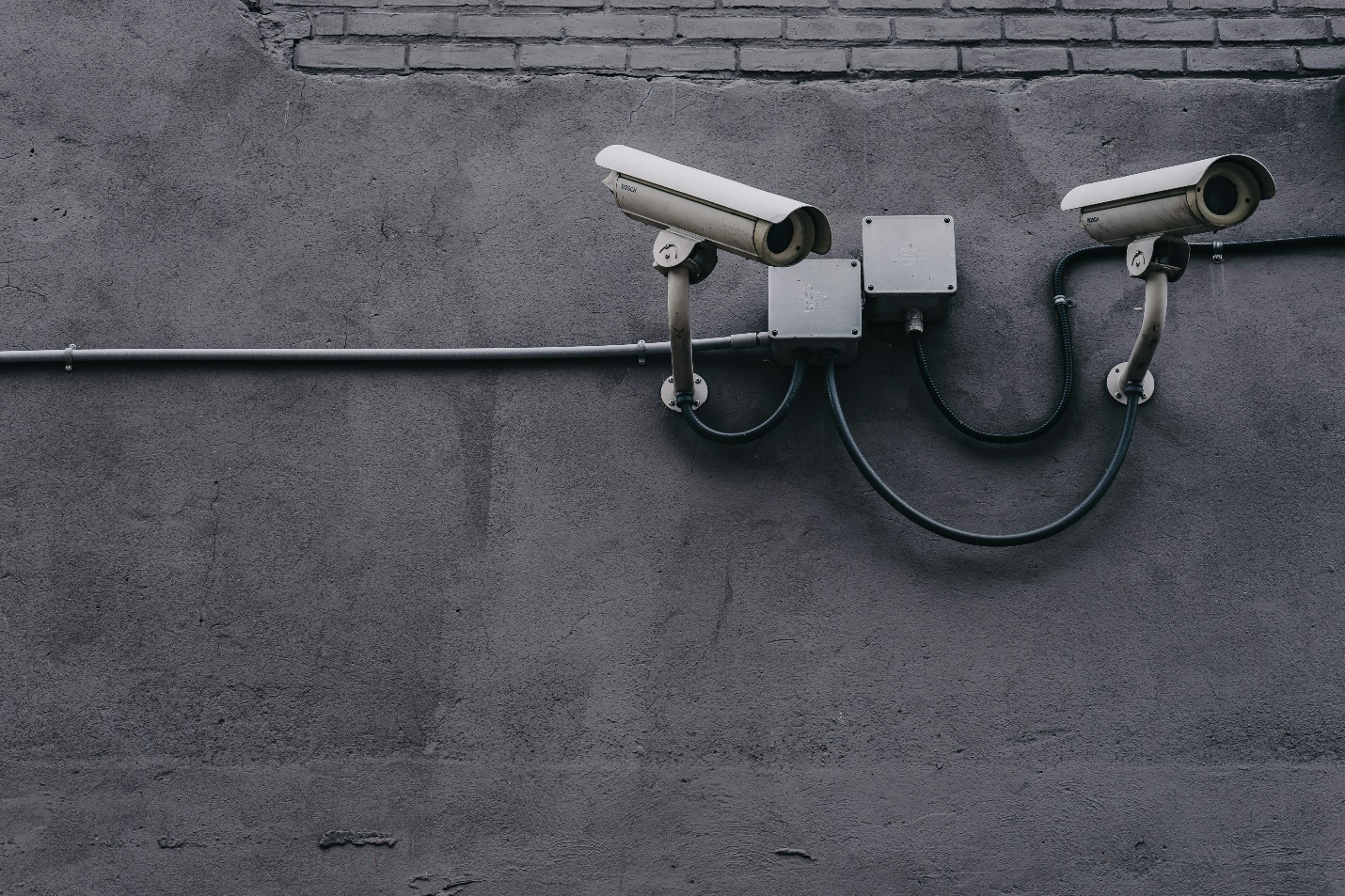
Protecting Religious Buildings, Sites With AI Security and Active Shooter Detection
In recent years, the need for enhanced security in religious buildings has become increasingly apparent. This is due to a rise in violent incidents targeting these sacred spaces.
AI security offers a promising solution to this growing concern. It provides advanced safety measures, including active shooter detection, that can significantly improve the security of religious sites.
This article explores how AI security can protect religious buildings, focusing on its applications and effectiveness.

The Rise of Security Concerns in Religious Spaces
Religious buildings, traditionally seen as sanctuaries, are facing an unsettling increase in security threats. These threats range from vandalism to violent attacks, causing widespread concern.
The need for robust security measures in these sacred spaces has never been more critical. It's not just about protecting property, but also ensuring the safety of congregants.
AI security for religious buildings offers a proactive approach to address these concerns, providing early threat detection and real-time alerts.
Understanding AI Security and Its Applications
AI security is a cutting-edge technology that uses artificial intelligence to enhance safety measures. It's not just about surveillance cameras and alarms anymore.
This technology can detect potential threats such as firearms. It's a game-changer for security in religious buildings.
AI security applications range from active shooter detection to real-time alerts. These applications can significantly improve response times and potentially prevent incidents.
In the context of religious buildings, AI security offers a respectful, non-invasive way to ensure safety.
AI Gun Detection: A Proactive Approach to Safety
AI gun detection is a proactive measure to enhance church safety. It uses AI to identify firearms before they are used in a crime.
This technology can provide early warnings, allowing security personnel to act swiftly. It's a crucial tool in the fight against violence in religious buildings.
Moreover, AI gun detection can act as a deterrent, discouraging potential offenders from carrying out violent acts.
Real-Time Alerts with AI Security Apps
AI security apps are a powerful tool for enhancing safety in religious buildings. They provide real-time alerts, keeping the community informed about potential threats.
These apps can be integrated with existing security systems, providing a comprehensive security solution. They empower religious communities, fostering a sense of safety and peace.
Moreover, these apps can provide valuable data for law enforcement, aiding in the swift resolution of security incidents.
Integrating AI With Existing Security Measures
AI security can seamlessly blend with existing security infrastructure in religious buildings. This integration enhances the overall effectiveness of security measures.
The adaptability of AI systems allows them to fit into different architectural layouts. This makes them a versatile solution for various religious sites.
Moreover, regular updates and maintenance ensure the AI security systems remain effective and up-to-date with evolving threats.
Case Studies: AI Security in Action at Religious Sites
Several religious sites have successfully implemented AI security measures. These case studies provide valuable insights into the practical application of AI security.
For instance, some churches have used AI gun detection systems to deter potential threats. These systems have proven effective in identifying firearms before they are used in a crime.
Moreover, AI security apps have empowered religious communities with real-time alerts and safety information. This has significantly improved the overall sense of safety and peace of mind for congregants.
Ethical and Privacy Considerations for AI Surveillance
While AI security offers many benefits, it also raises ethical and privacy concerns. The use of AI surveillance in places of worship must be handled with care.
Respect for privacy is paramount. AI security systems should be non-invasive and respectful of the sanctity of religious spaces.
Moreover, data protection and cybersecurity measures are crucial to prevent misuse or hacking of AI security systems. This ensures that the privacy of congregants is not compromised.
The Future of AI Security in Religious Buildings
AI security for religious buildings is a rapidly evolving field. Future developments and advancements promise to further enhance the safety of sacred spaces.
AI systems are expected to integrate with other smart technologies for a more robust security posture. This will provide comprehensive protection against a wide range of threats.
However, the success of these advancements will depend on ongoing assessment and evolution of AI security strategies. This will ensure that they remain effective against changing threats.
Conclusion: Balancing Safety and Sanctity
In conclusion, AI security for religious buildings offers a promising solution to enhance safety. It provides a proactive approach to threat detection and response.
However, it's crucial to balance security measures with the sanctity of religious spaces. This ensures that places of worship remain open and welcoming while also being secure

